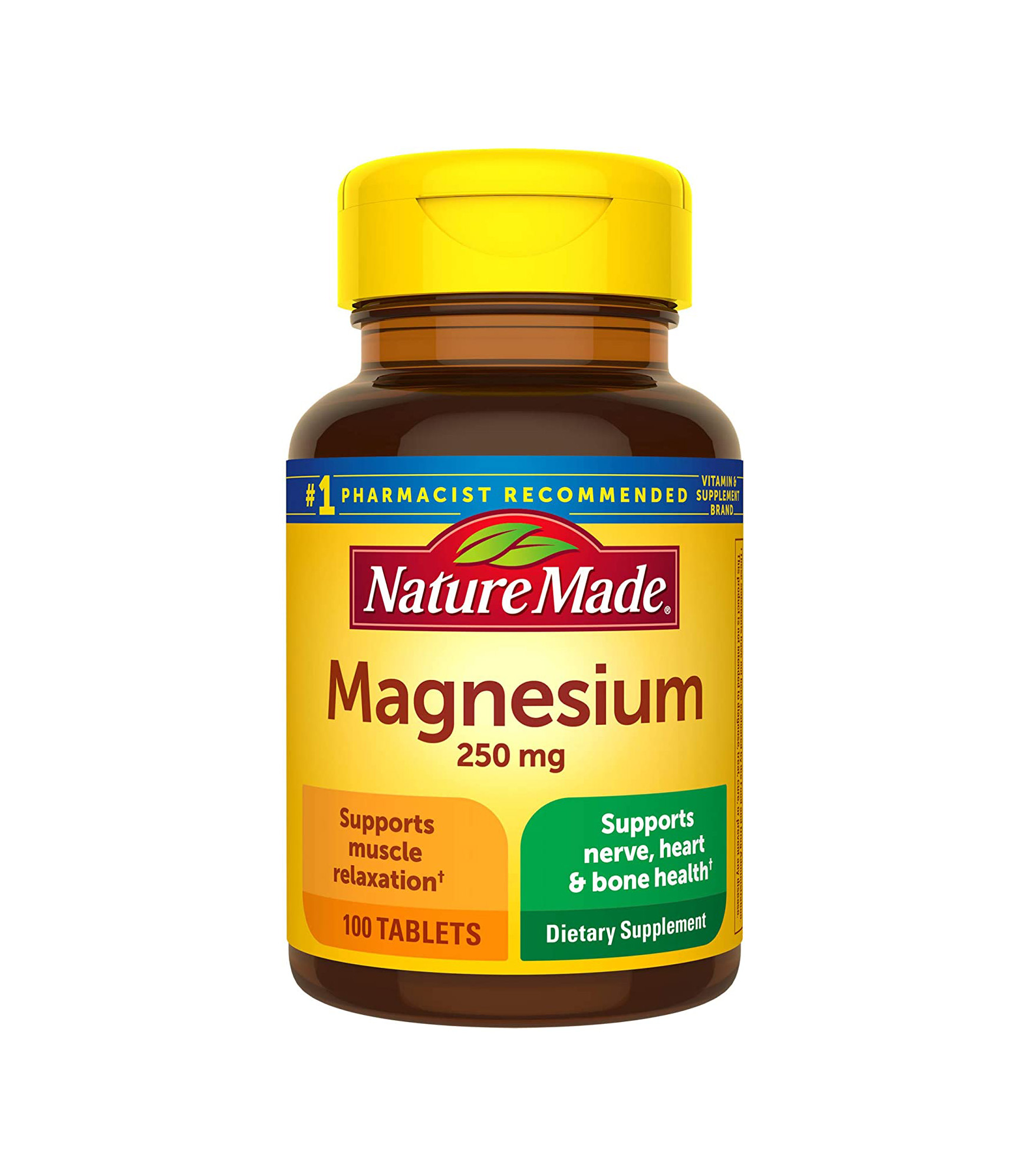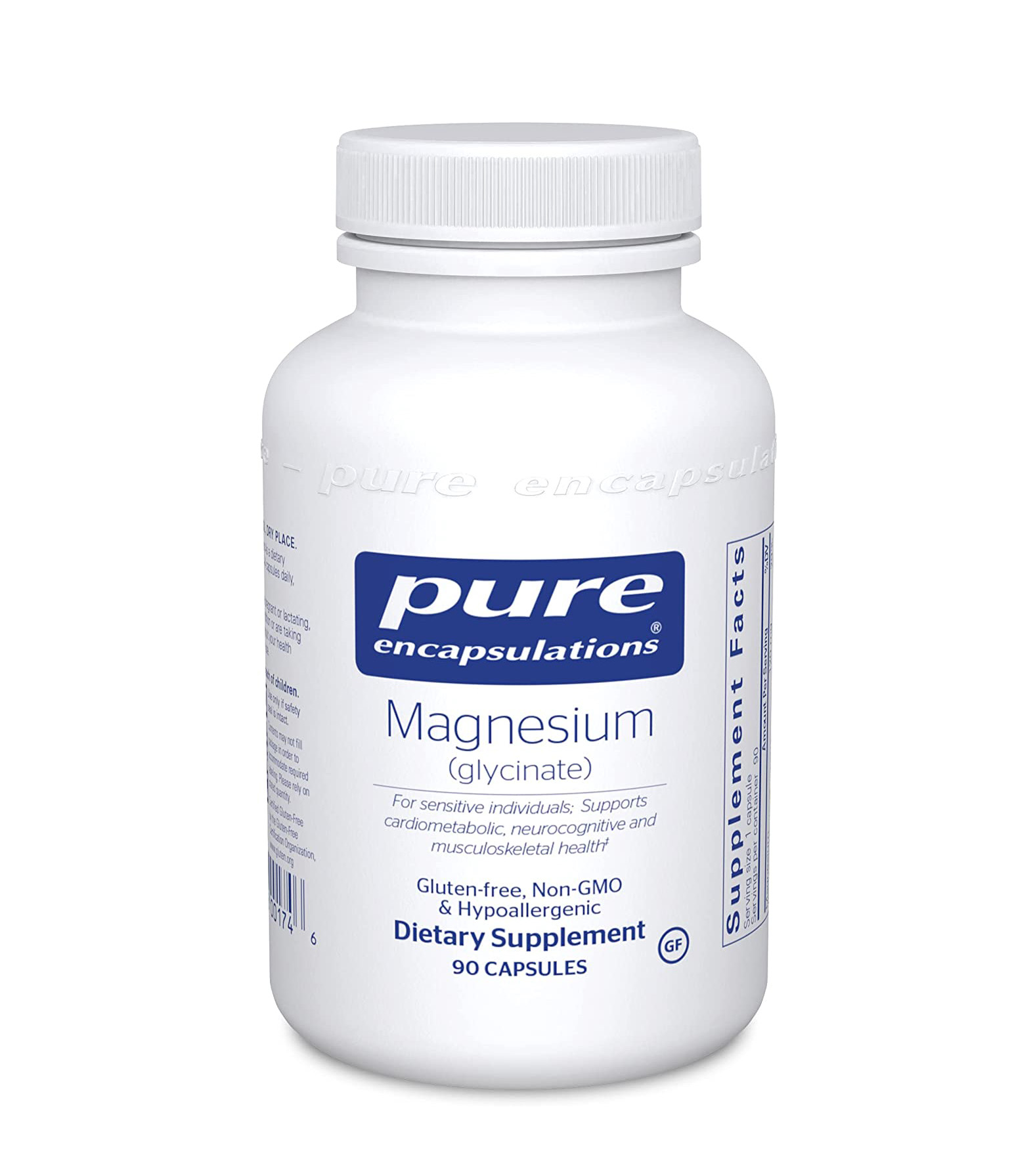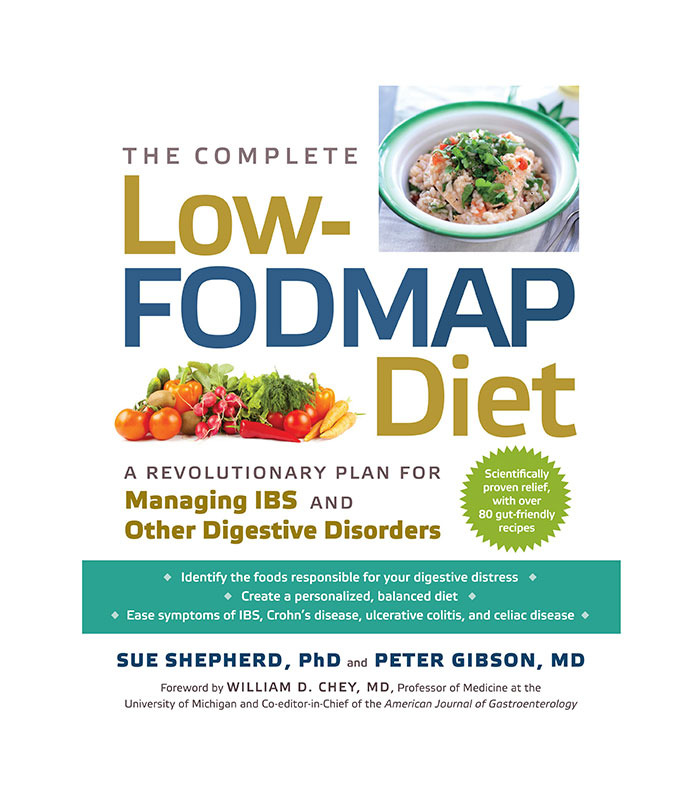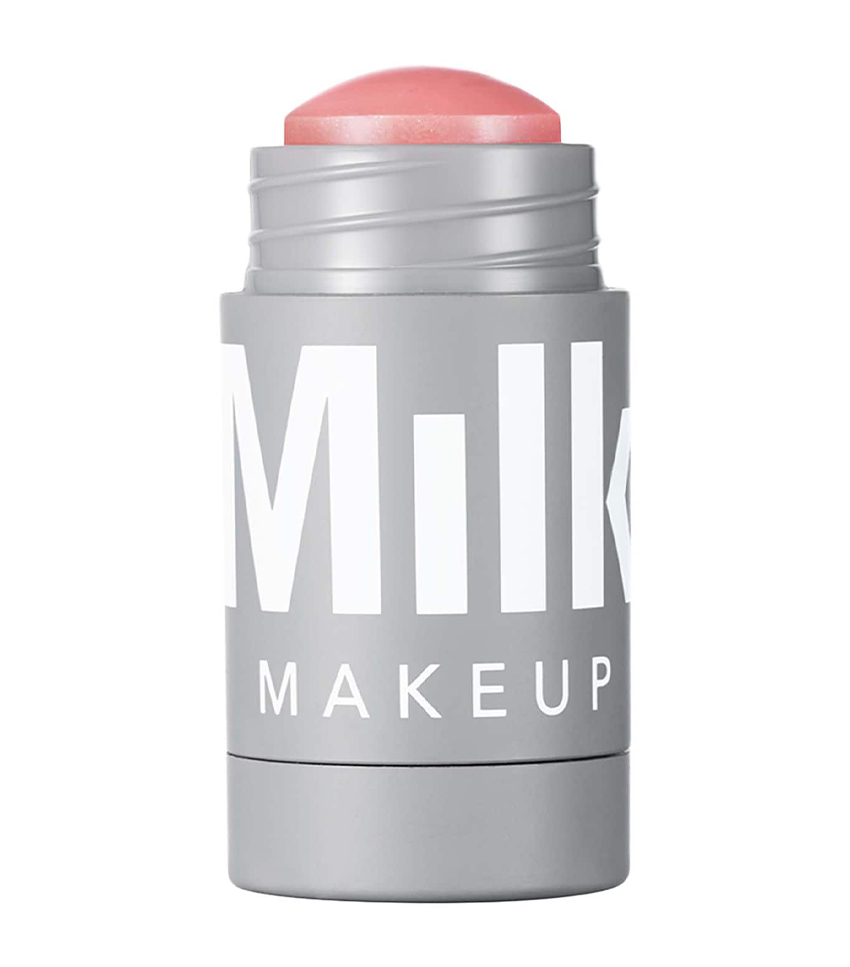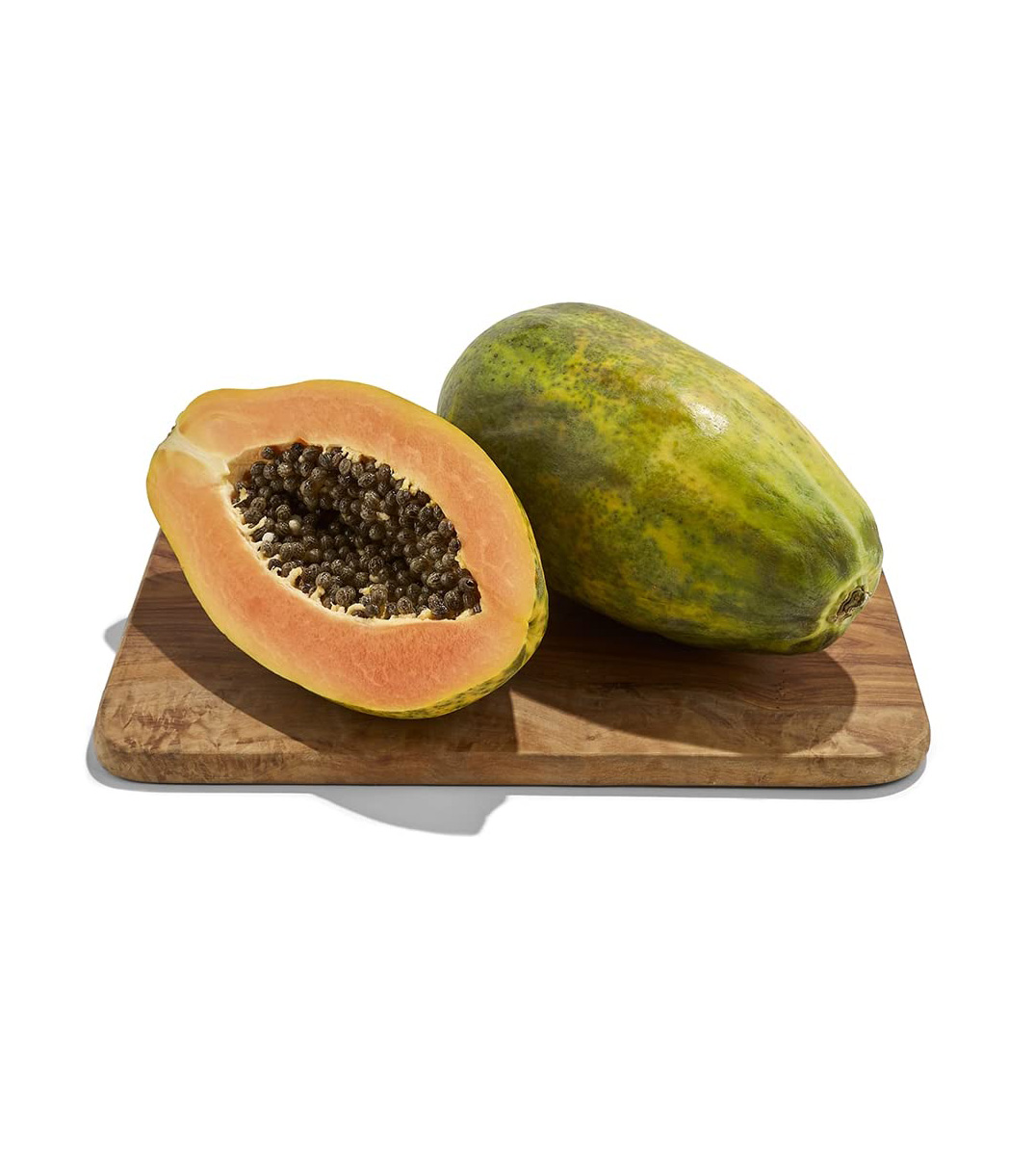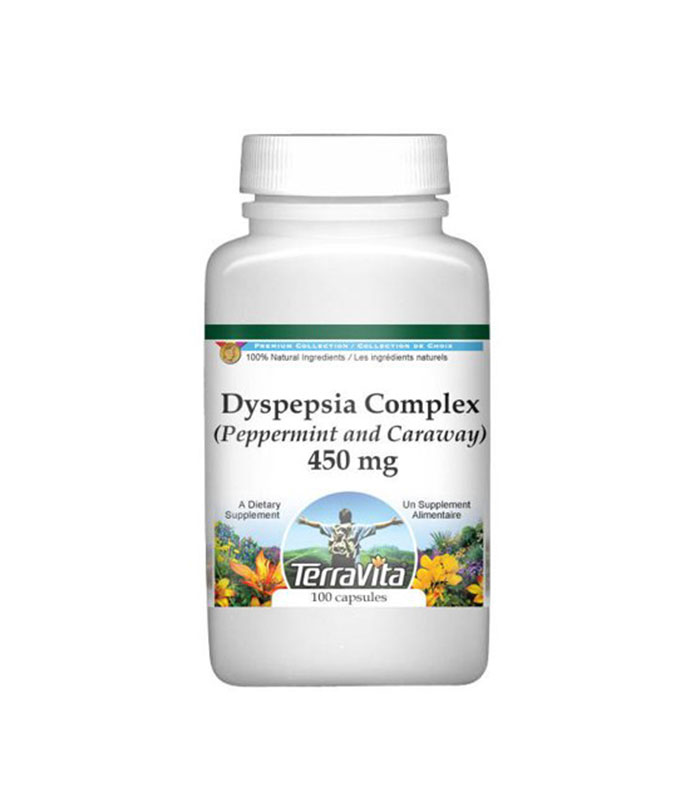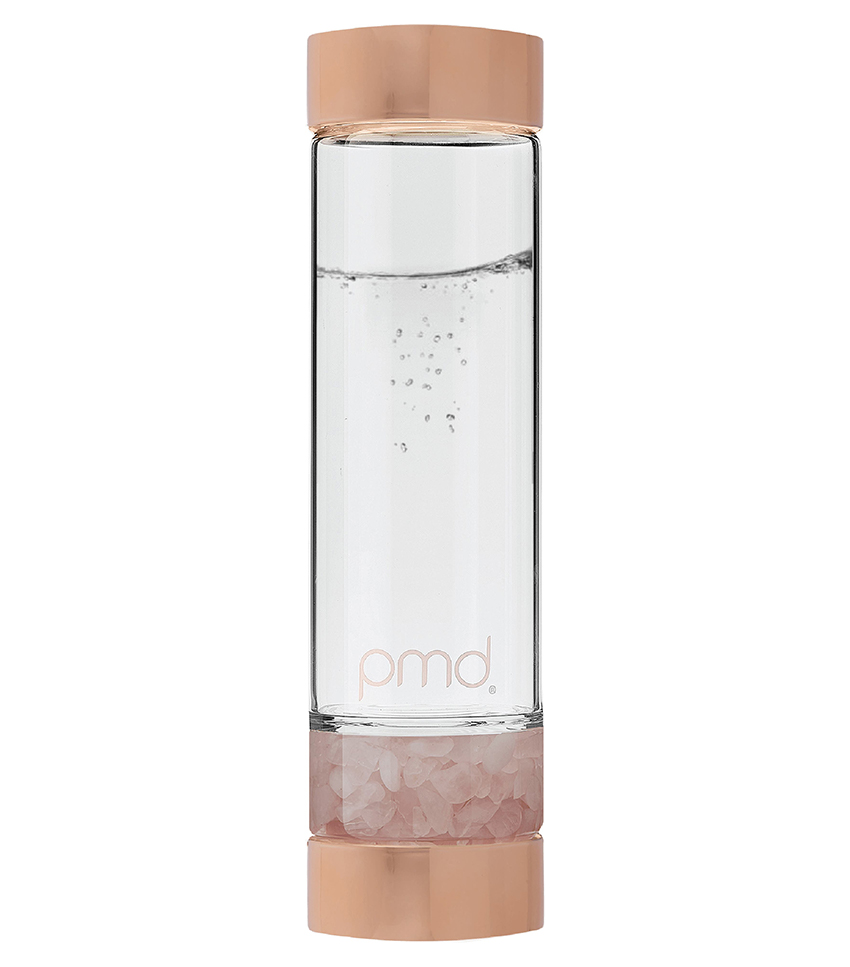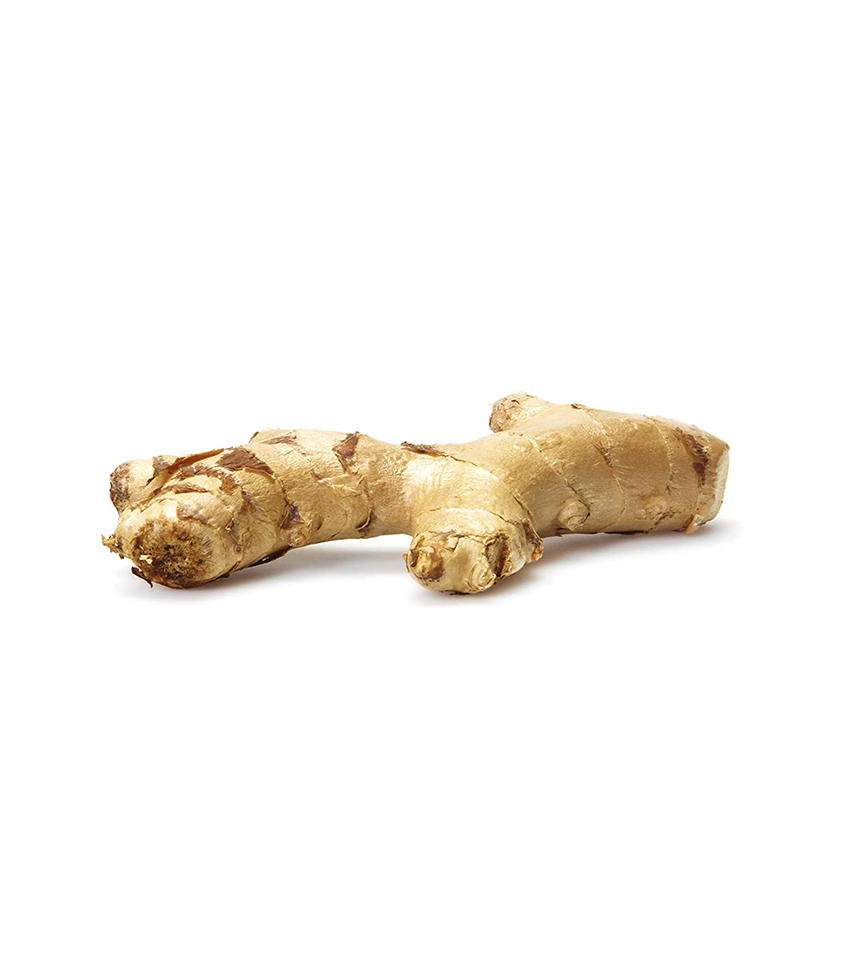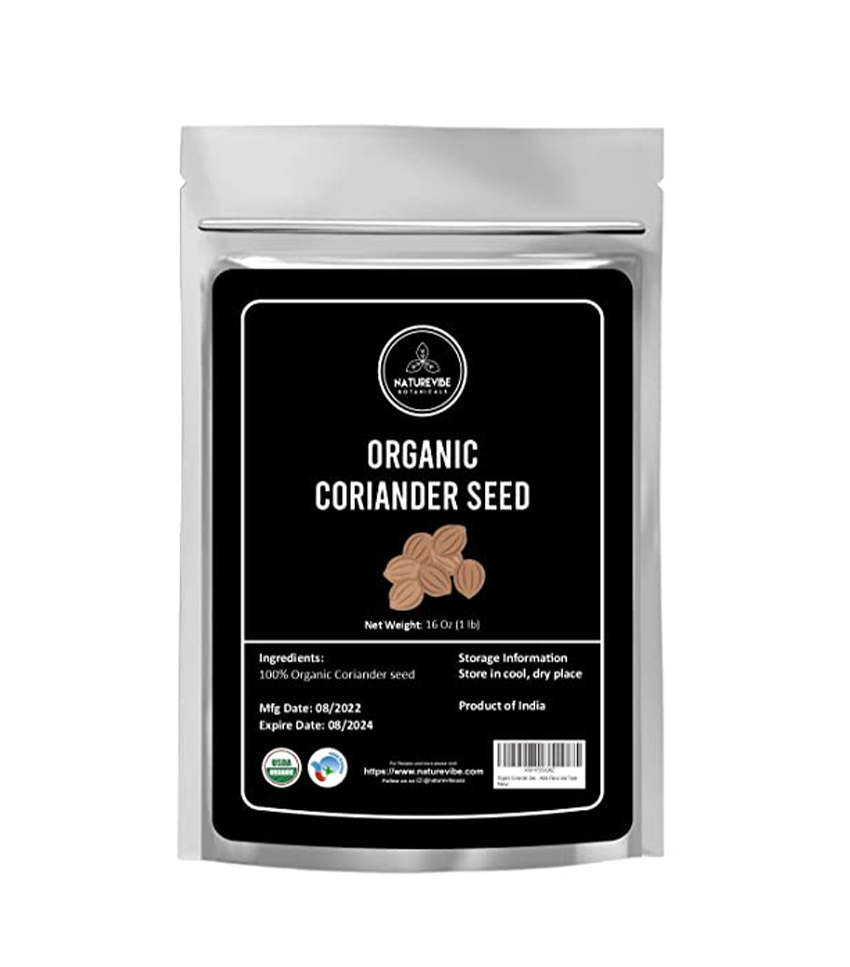How to Reduce Belly Bloat Once and for All, According to a Gut Expert
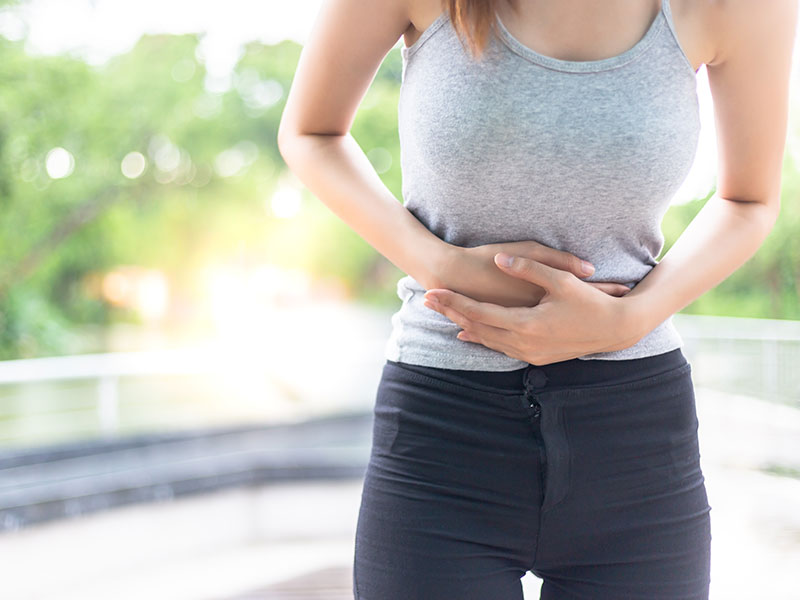
Ah, bloating. It always shows up during the best times. Like before that big party that you bought a body-hugging dress for. Or when you're on vacation. And what about the bloat that just won't go away for a week no matter what you do? Whatever the case, we can all agree it's annoying.
"When some people use the word bloating, they're talking about an internal sensation of fullness, feeling like a balloon inflated," says David C. Kunkel, MD, assistant clinical professor of medicine, GI motility and physiology, at University of California, San Diego, and a spokesperson for the American Gastroenterological Association. "Other people are talking about visible swelling, and a lot of people are talking about both."
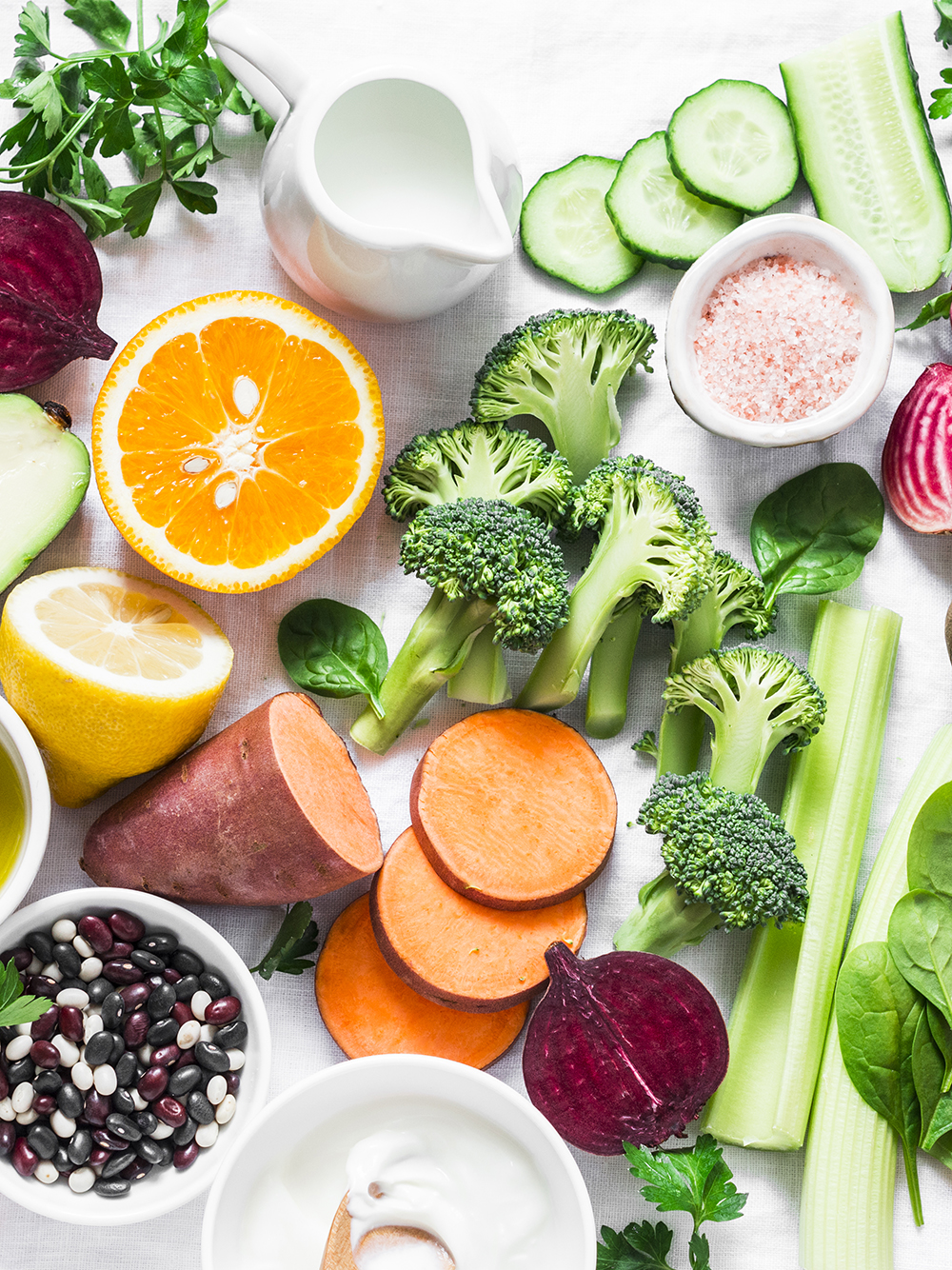
Not all bloating is the same—well, the feelings of fullness and discomfort are there, but the causes vary. So how can you get rid of it? You've got to do some detective work.
"Bloating by itself gets us nowhere in terms of trying to figure out diagnostically where it is originating. So we are trained to listen for the second symptom," says Kunkel. "You look internally and say, 'You know what? I'm getting bloated. Am I feeling anything else?' And just dwell on that question, like, 'Am I feeling nauseous? When was the last time I had a bowel movement?' Or, 'My bloating seems to occur after I'm eating that bagel,' or 'I'm bloated, and I'm also having diarrhea.' So, really just focus on if there is anything else."
Kunkel says that a second symptom can be a variety of things, including constipation, gluten intolerance, irritable bowel syndrome, and some medical issues. You might want to work with your doctor to figure out the cause and check if it's not a sign of a serious condition—but once you answer the question, you can begin to fix the problem and say goodbye to the dreaded bloat with some remedies.
Take a look at some of those remedies to beat belly bloat below and in which scenarios they may work.
1. Avoid Heavy Meals

We don't have to tell you that a huge spread of food isn't going to make you feel good, though it probably tastes good. "If you eat a larger meal or a heavier meal, it's going to take longer for the stomach to empty, just because the stomach has to grind everything down. It has to dilute it out, and then it will allow food to go into the intestine. So a reasonable piece of advice would be to avoid really large heavy meals," suggests Kunkel.
If you do eat a big meal, don't give into the food coma. Talk a walk after dinner instead of lying down.
2. Take Natural Magnesium Salt
Kunkel says this can help if you're constipated. "We're all supposed to be getting a recommended daily allowance of magnesium in our diet. Magnesium is this charged ion and what it does is it holds water, and that water will stay in your digestive tract and you'll pass it. It will help make sure stool isn't lumpy and dehydrated; it keeps things soft. It's available over the counter, as capsules or just powder. And it has all these other benefits: It can help with sleep; it can help with headaches; your muscles need magnesium."
But fair warning: If you have a kidney condition, you'll want to stay away from magnesium because your kidneys might not be able to filter out the magnesium. causing an excess accumulation in your blood.
And on the note of constipation, it's not just that you can't poop. "Sometimes, believe it or not, folks don't know what constipation is," Kunkel says. "They can be opening their bowels regularly. The key is are you having a full bowel movement? Is everything coming out? Because if you're going, but you're feeling like you're not empty all the way and there's something left behind, that's a constipation symptom; you're constipated."
3. Follow a Low-FODMAP Diet
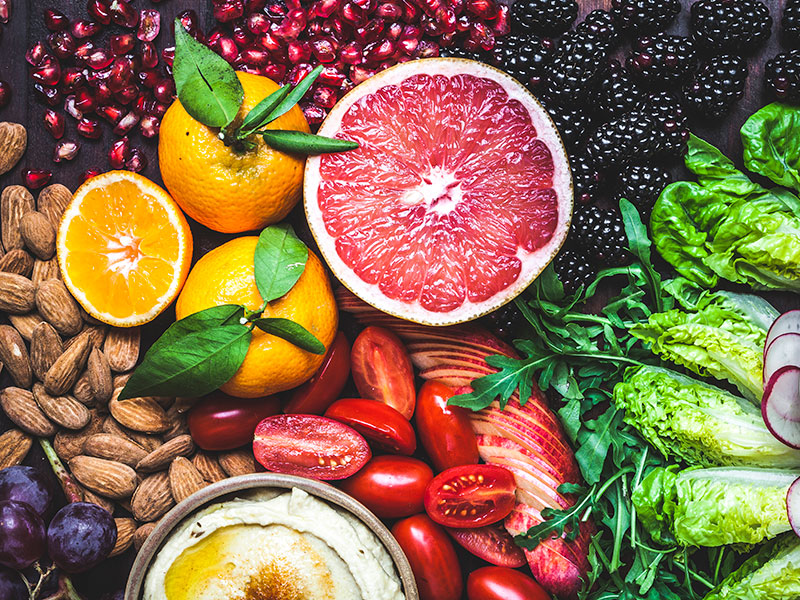
FODMAP stands for fermentable oligosaccharides, disaccharides, monosaccharides, and polyols. That's quite a mouthful, but in short, they are specific carbohydrates that Kunkel says are not well-absorbed by the human intestine. When they can't be absorbed well, they could be fermented by bacteria in your gut and can cause all sorts of digestive problems, especially for those who have irritable bowel syndrome.
According to Stanford Health Care, some FODMAPs include fructose (fruits and high-fructose corn syrup), lactose, fructans (wheat), galactans (beans, lentils, and legumes), and polyols (some sweeteners and stone fruits).
"In the low-FODMAP diet, you eliminate all these substances that are not well-absorbed, and then you start adding them back one by one so that you can individually identify which FODMAP components provoke bloating and excess gas. So that's something that is empowering and that folks can do on their own," Kunkel says.
4. Steer Clear of Gluten

Of course, this is a no-brainer if you're feeling bloated because of gluten sensitivity. "That's all about having symptoms that are tied to wheat ingestion. Now, most folks don't have celiac disease, which is a true allergy; more of them have symptoms. They feel lousy; they feel bloated when they ingest wheat because—guess what—wheat contains fructans and other things that are FODMAP. So that might be a mechanism. The treatment, of course, is avoidance of wheat product," says Kunkel.
5. Check for Gluten in Unexpected Places
You know to avoid bread and pasta when you have a gluten sensitivity, but there are some common products out there that contain gluten, too. "Did you know that gluten can be found in makeup products and some medications?" Kunkel says. Check your supplements and medications for potential hidden gluten. Although there's no official evidence as to the benefits of gluten-free makeup, and you're probably not ingesting your makeup, it might be worth it to read the labels. Some people with a severe gluten allergy might feel the effects after putting on some lipstick with gluten in it.
6. Get Active
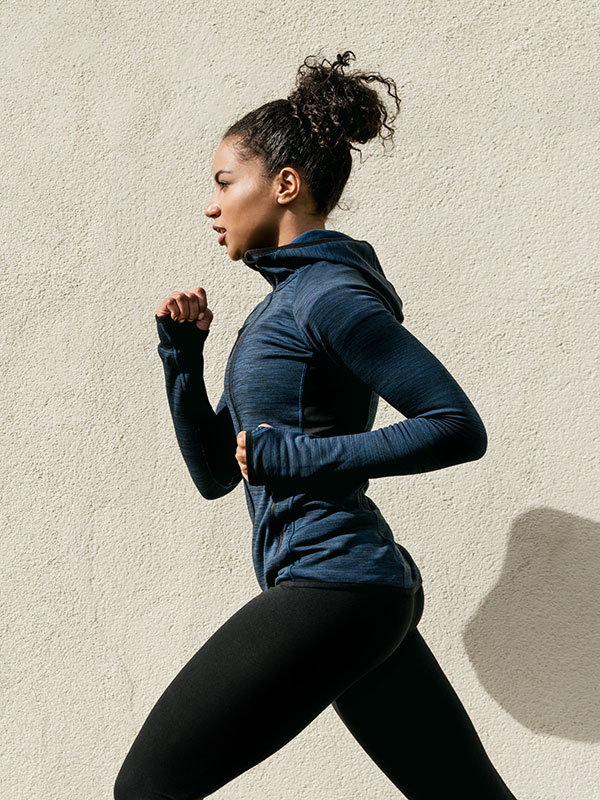
Like a walk can help you avoid some bloating caused by big meals, working out could combat bloat on a daily basis. The Cleveland Clinic suggests 30 to 60 minutes of exercise every day to help "decrease bloating and remove gas already in your digestive tract."
7. Change How You Breathe
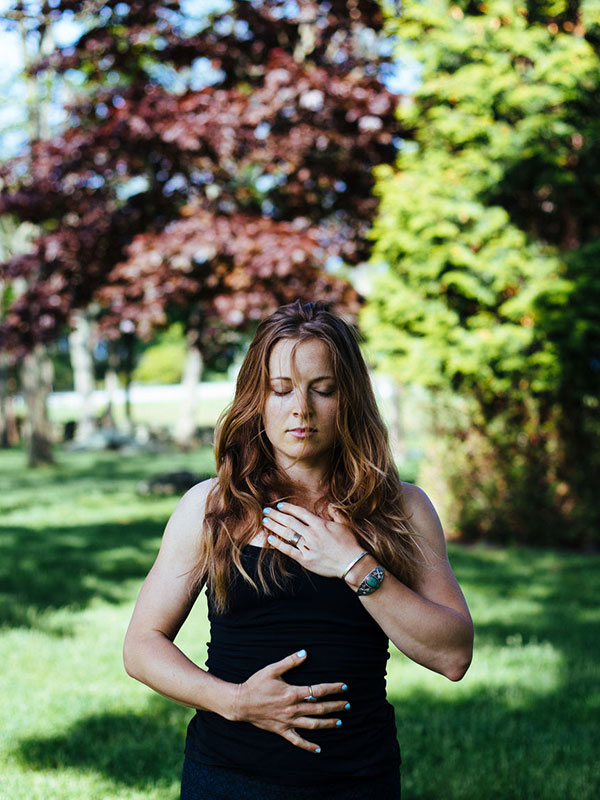
Not engaging your abdominal wall muscles could also cause bloating. Who knew? "This is for some people who say, 'I have bloating that seems to worsen as the day progresses.' That's when you're relaxing your abdominal wall muscles as the day goes on and straightening out your back," says Kunkel. "So the treatment for that is a type of almost yoga-like exercise called diaphragmatic breathing (belly breathing). You put one hand on your chest and one hand on your belly. The way you breathe is to not have the hand on your chest move at all and to have the hand over your belly move a lot. So take air in; have your belly do all the work while your chest is still. If you're doing that right during a bloating attack—if it's related to abdominal wall muscle relaxation—this is a very reliable way to reengage those abdominal wall muscles and tighten them back up."
And if you need help with these breathing exercises, there's a free app for that. Kunkel suggests BellyBio, which makes this technique a little bit more fun. "You place the phone on your belly and this orchestra starts playing. If you're breathing correctly (using your belly), the orchestra plays in tune, but if you're not the orchestra is out of tune. So this is a very tangible way to teach oneself belly breathing," he says.
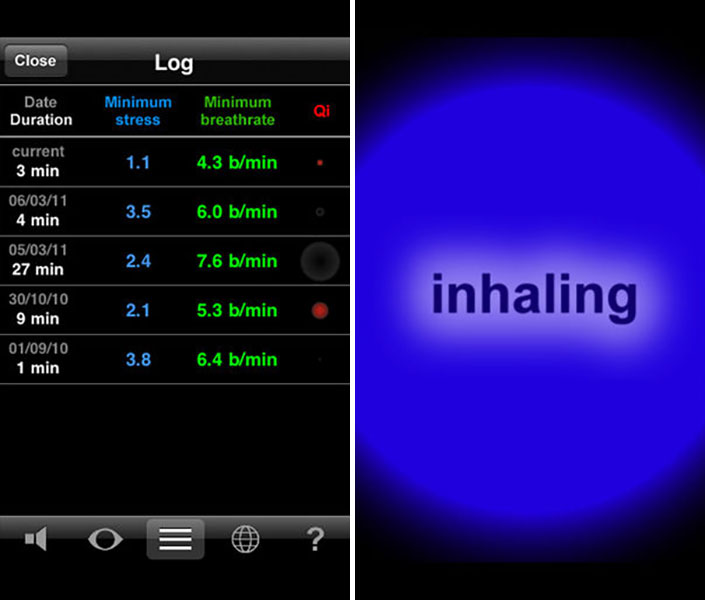
8. Eat Papaya
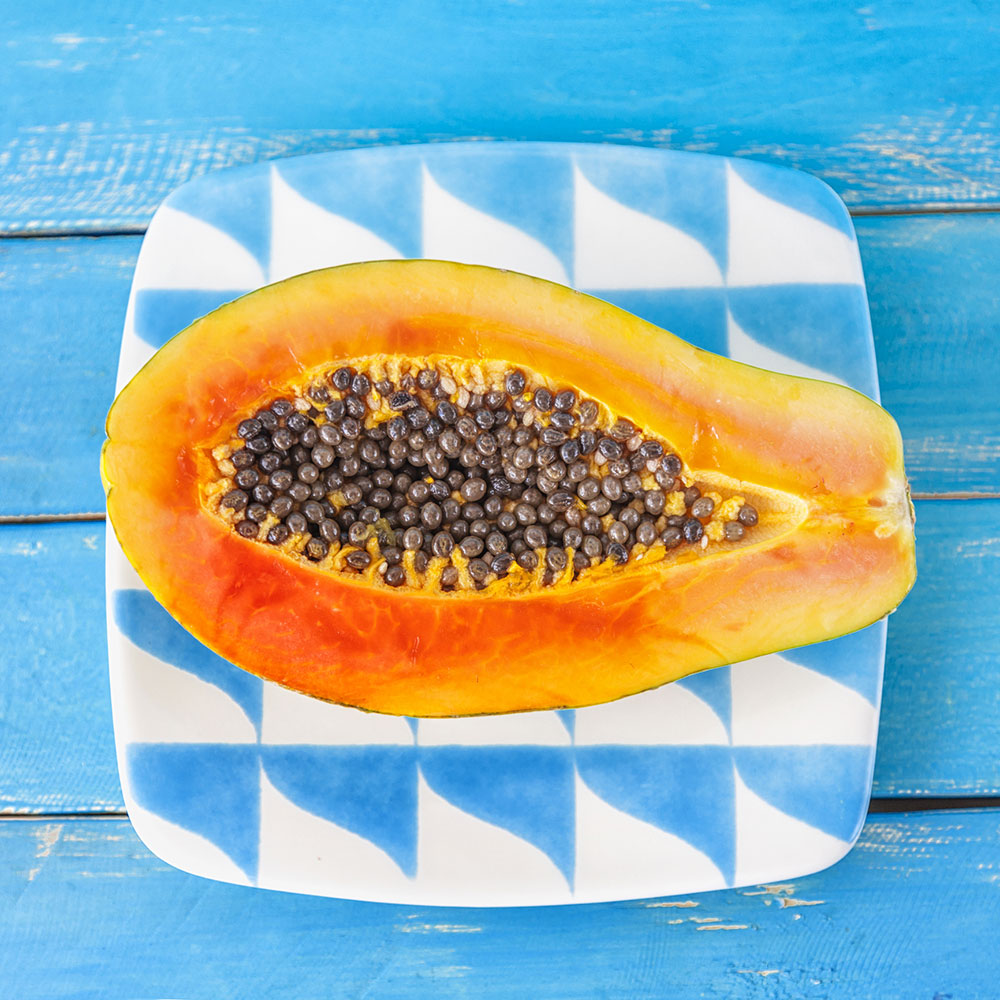
Yes, papaya. "It contains some digestive enzymes, and so some people use papaya as a digestive aid to see if that helps facilitate the breakdown of foods," Kunkel says. Other fruits that help include bananas and oranges.
9. Try a Caraway Oil and Peppermint Oil Capsule
"The capsule is an FDA medical food that treats bloating in the context of a condition called functional dyspepsia, which affects the stomach," Kunkel says. "This is when folks have a feeling of getting full very quickly. They get bloating and belly pain, but their stomach is working normally and they don't have an ulcer." Other treatments for this condition include acid-blocking medication and neuromodulators that can quiet the gut, Kunkel explains.
10. Drink Water
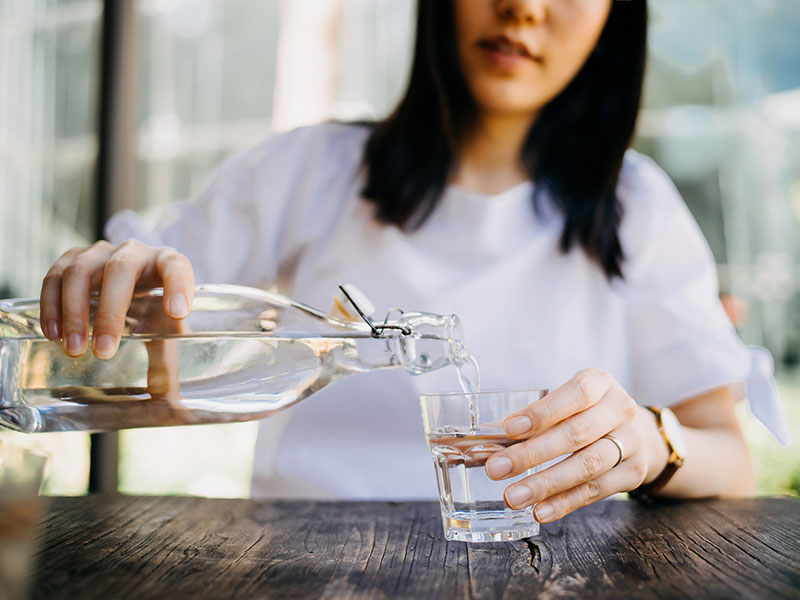
You might think drinking more water might make you fuller, but in the case of bloating due to PMS and menstruation, water can help. According to Sutter Health, it "signals the body to release its excess water as you urinate more frequently and get your kidneys working."
11. Opt for Herbs
Specific herbs are also known to relieve gas pain, like ginger, mint, caraway seeds, coriander seeds, and dill seeds. Sutter Health recommends using them in cooking or in tea, but to not sweeten with honey or agave, as it might cause more bloating.
12. Get Some Meds

In some cases, you might need medication, but Kunkel warns, "We do have some that are known for knocking out bloating, but none of them are FDA-approved for bloating. They've been shown to help with the symptom of bloating, but they're approved for other conditions. For example, there's an antibiotic that can be prescribed for two weeks. It's prescribed for irritable bowel syndrome, and that tends to help with bloating."
Other medications include secretory medicines, which Kunkel says "turn on the sprinklers in the digestive tract and help with getting things moving, alleviating constipation. And also, patients report much less bloating on these medications."
But Watch Out for These Red Flags
If you're worried about bloating, you should definitely go see your doctor to check if it's a symptom of something serious. "Red flag symptoms that should prompt a medical evaluation would be if you've seen any red blood in your stool and/or if you're losing weight without trying. Not like one or two pounds but 5% of your body weight. If you lost that much and you're not trying to lose weight, that's a red flag." Kunkel says. "Others include if you're having unexplained vomiting or vomiting that doesn't go away, or if you have a low blood count. And lastly, I'd say if there's a strong family history of cancer in the digestive tract, also to seek medical attention."
Next up: These 9 Foods Will Help You De-Bloat Faster Than Anything Else
This article was originally published at an earlier date and has since been updated.
This article is provided for informational purposes only and is not intended to be used in the place of advice of your physician or other medical professionals. You should always consult with your doctor or healthcare provider first with any health-related questions.
Sarah is lifestyle writer and editor with over 10 years of experience covering health and wellness, interior design, food, beauty, and tech. Born and raised in Los Angeles, she attended New York University and lived in New York for 12 years before returning to L.A. in 2019. In addition to her work atBest Knockoff Luxury Clothing , she held editor roles at Apartment Therapy, Real Simple, House Beautiful, Elle Decor, and The Bump (sister site of The Knot). She has a passion for health and wellness, but she especially loves writing about mental health. Her self-care routine consists of five things: a good workout, “me” time on the regular, an intriguing book/podcast/playlist to unwind after a long day, naps, and decorating her home.
